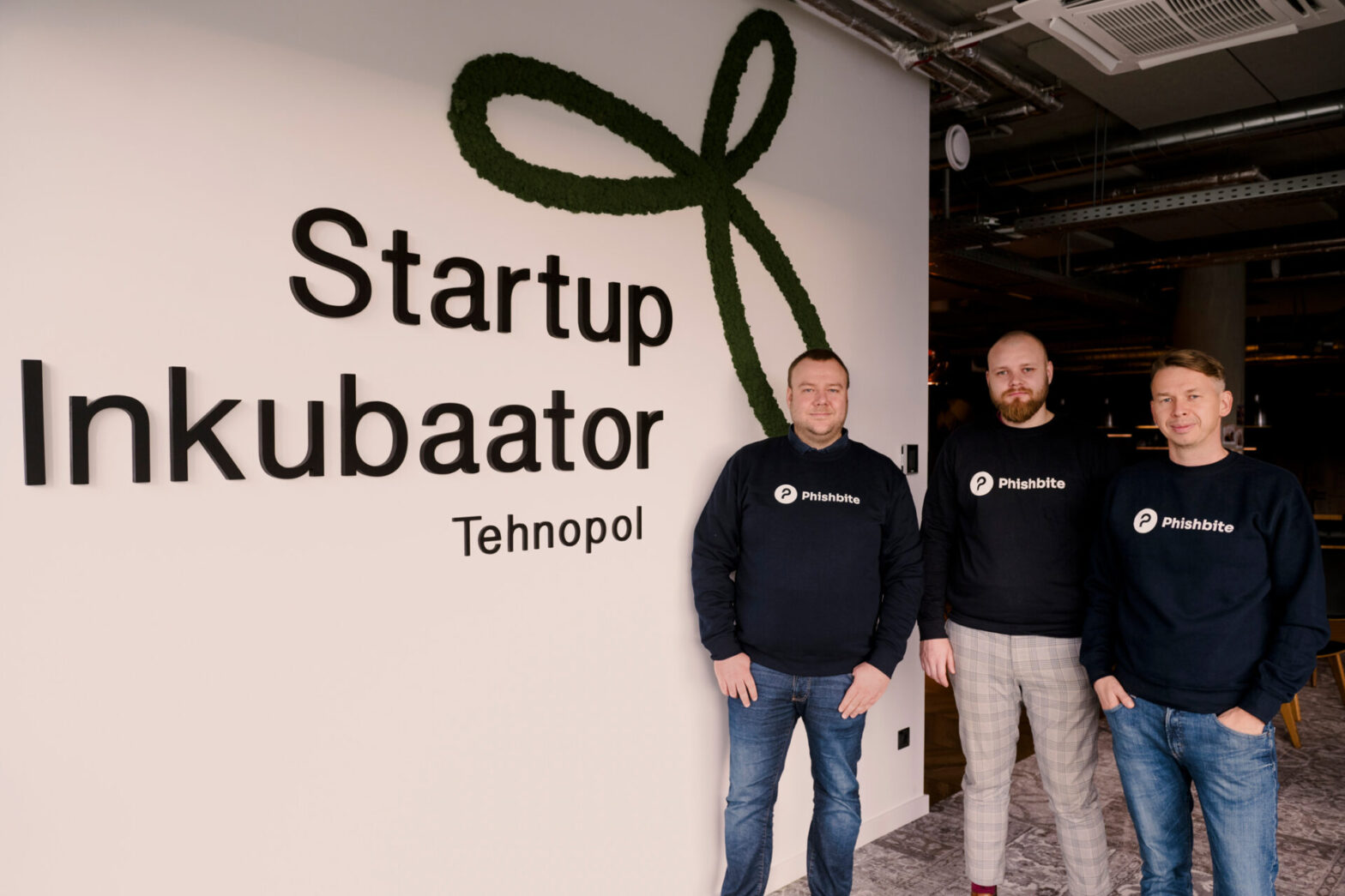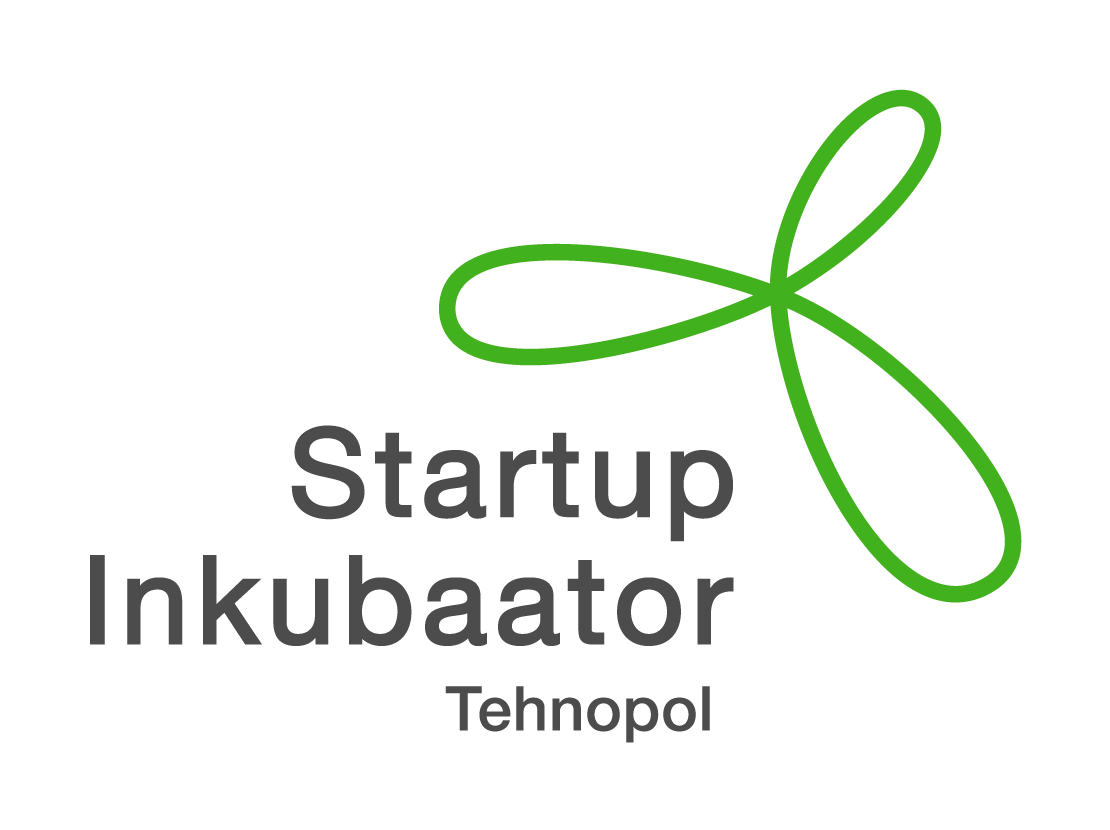A startup born from the Cyber Accelerator: It opened doors that would have otherwise remained closed

The Estonian cybersecurity startup Phishbite joined the Cyber Accelerator in 2023 – a program run by Tehnopol Startup Incubator, the Information System Authority (RIA), and the European Cybersecurity Competence Centre (ECCC). According to the company’s founder and CEO, Henrik Uustalo, Phishbite wouldn’t exist without the accelerator.
Through the program, Phishbite received initial funding, completed a valuable training program, and gained access to a wide network of mentors. “A major added value was the connection with other startups in the accelerator and the opportunity to expand our network within the field,” said Uustalo. The contacts established through the Cyber Accelerator, along with the support from RIA and Tehnopol, have opened many doors that otherwise would have remained closed.
Today, Phishbite has grown into an independently operating company, serving more than 70 clients, with its services available in 10 languages.
Uustalo pointed out that Estonia is a great place to start, but the market is naturally limited. “There is growth potential here as well, but we’ve already taken our first steps toward international expansion. We have our first clients and sales agents in Latvia, and are currently collaborating with partners in Poland,” he explained. “Our strength lies in locally adapted content, which is why we don’t plan to spread our focus too widely. Over the next year, our priority markets are Estonia, Latvia, and Poland.”
EMPLOYEES PLAY A KEY ROLE
According to Mikk Mähar, Phishbite co-founder and cybersecurity expert, many of the cyber incidents that have occurred in the past year are linked to a lack of basic cyber hygiene—an area where every employee can make a big difference. “Important steps include using strong passwords, enabling two-factor authentication, and regularly updating software,” Mähar advised.
Phishbite helps organizations reduce cybersecurity risks by raising employee awareness and shaping safer behavior. “We turn employees into the company’s first line of defense,” said Uustalo.
While technical safeguards are essential, they don’t cover everything and are never 100% foolproof. That’s why each employee plays a crucial role in cybersecurity—both in recognizing phishing attacks and following broader cyber hygiene practices.
Urmo Keskel, Phishbite’s product lead, added that their phishing simulations are both practical and educational. “We show employees how easy it is to fall victim to a scam and provide feedback based on real email examples to help them better recognize similar threats in the future. Our approach is systematic—we cover various phishing scenarios and attack methods.”
The company also stands out in general security awareness training through its emphasis on practical applicability. Instead of offering just theoretical knowledge, Phishbite provides specific, actionable guidance tailored to the user’s work tools and daily tasks.
CYBERCRIMINALS EXPLOIT THE RAPID DEVELOPMENT OF LANGUAGE MODELS
Phishing remains the most common way to steal passwords or install malware. Due to the rapid development of language models in recent years, phishing emails have become increasingly convincing. Cybercriminals are now able to create highly personalized, grammatically correct emails that are difficult to distinguish from legitimate ones.
Mähar stressed the importance of data backups. Several ransomware cases in Estonia last year revealed that some organizations had no backups or that cybercriminals had also managed to access the backup systems.
From a cybersecurity perspective, traceability is also critical. Logs must be in place to analyze the incident, its extent, and root causes—so that appropriate countermeasures can be implemented to avoid similar breaches in the future.
Keskel also pointed out alarming future trends: cybercriminals are increasingly using content generated by language models. In addition to texts and images, synthetic voice phishing calls and deepfake videos are becoming more common. “In such an environment, employee awareness and vigilance are absolutely critical,” he emphasized.
THE CYBER ACCELERATOR IS NOW OPEN FOR APPLICATIONS
The Cyber Accelerator is designed for companies working in the cybersecurity field. Each selected team receives high-level mentorship and up to €60,000 in support to develop their idea.
The application deadline is July 13. For more information: https://www.startupincubator.ee/kuberkiirendi/


